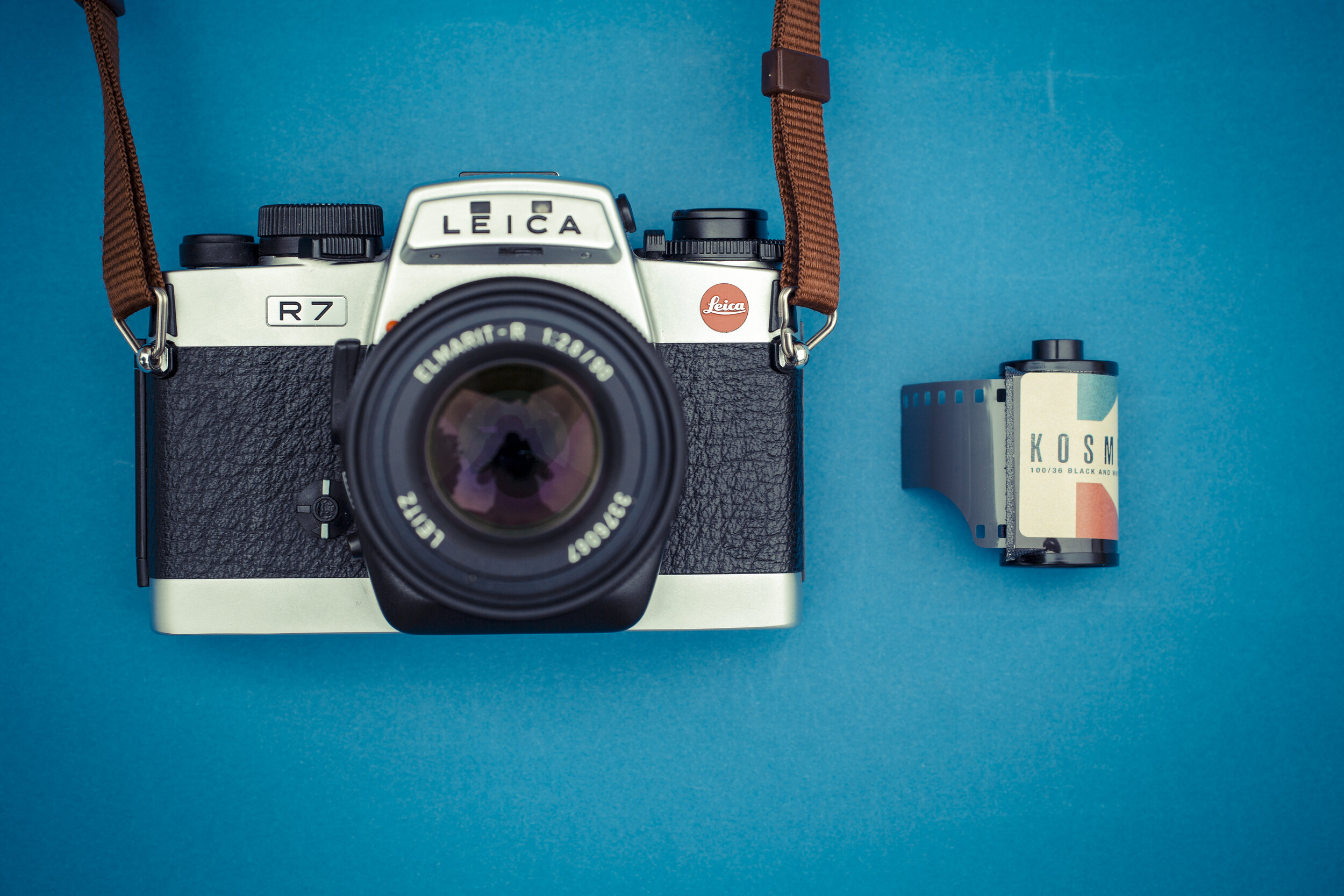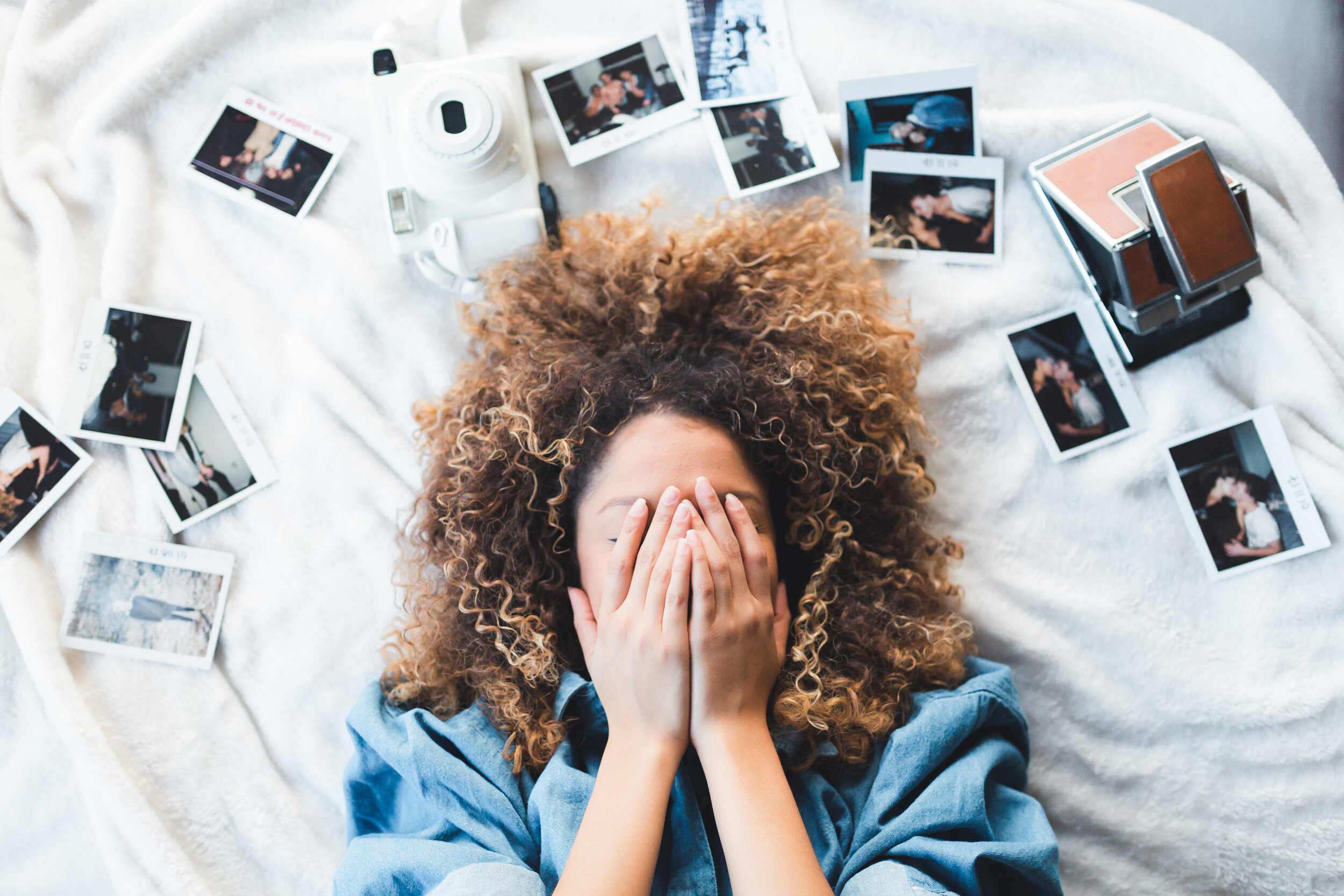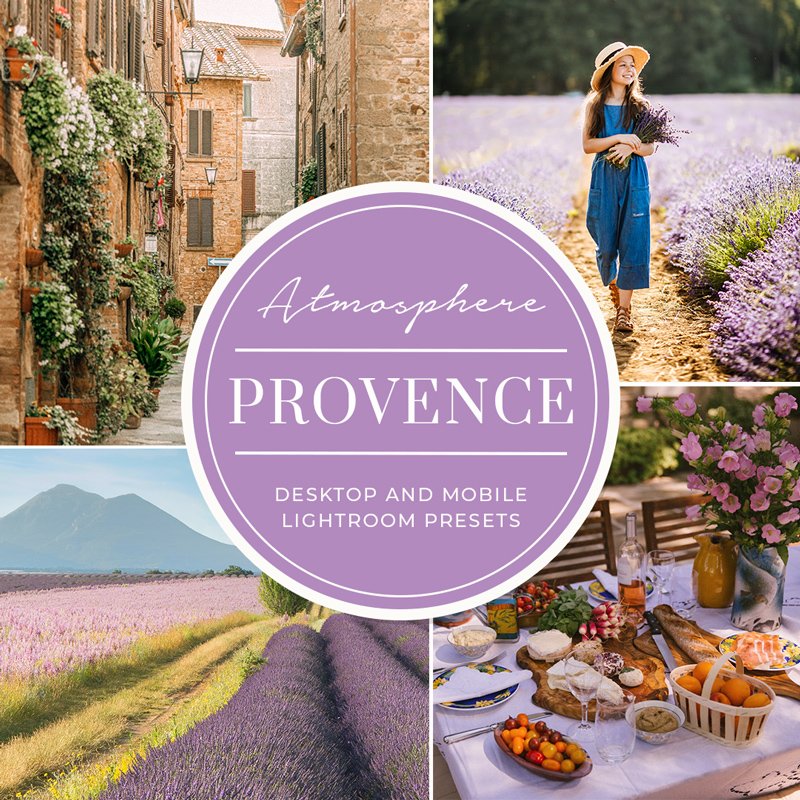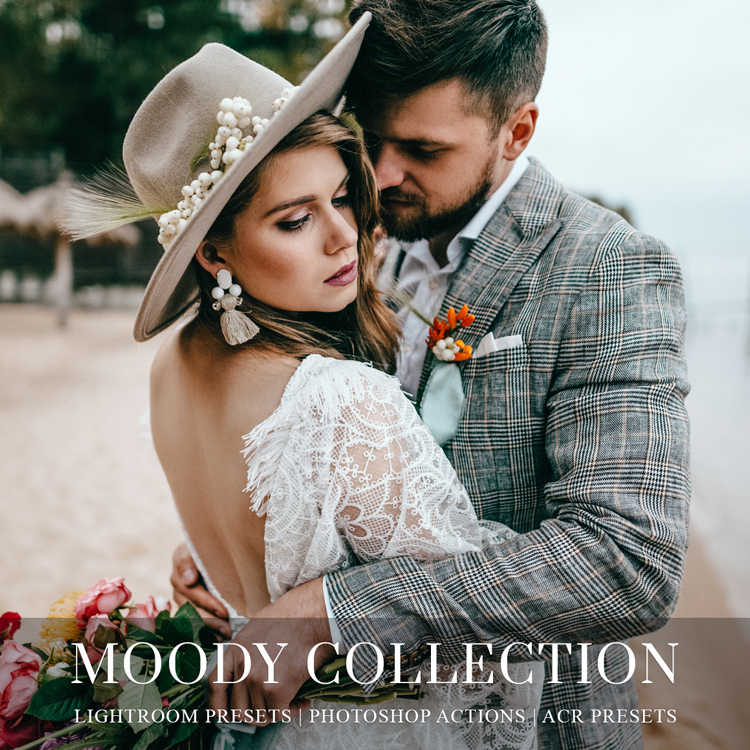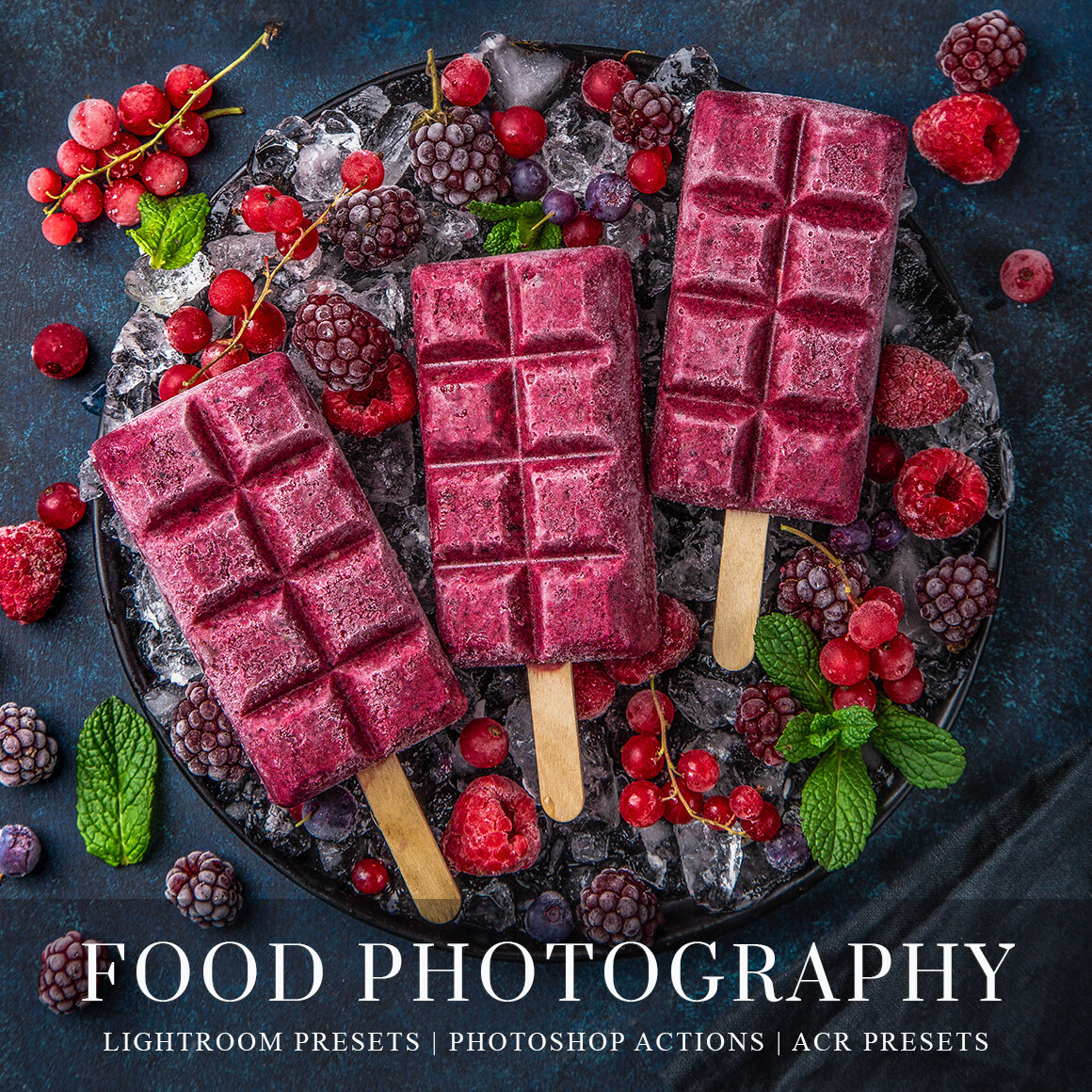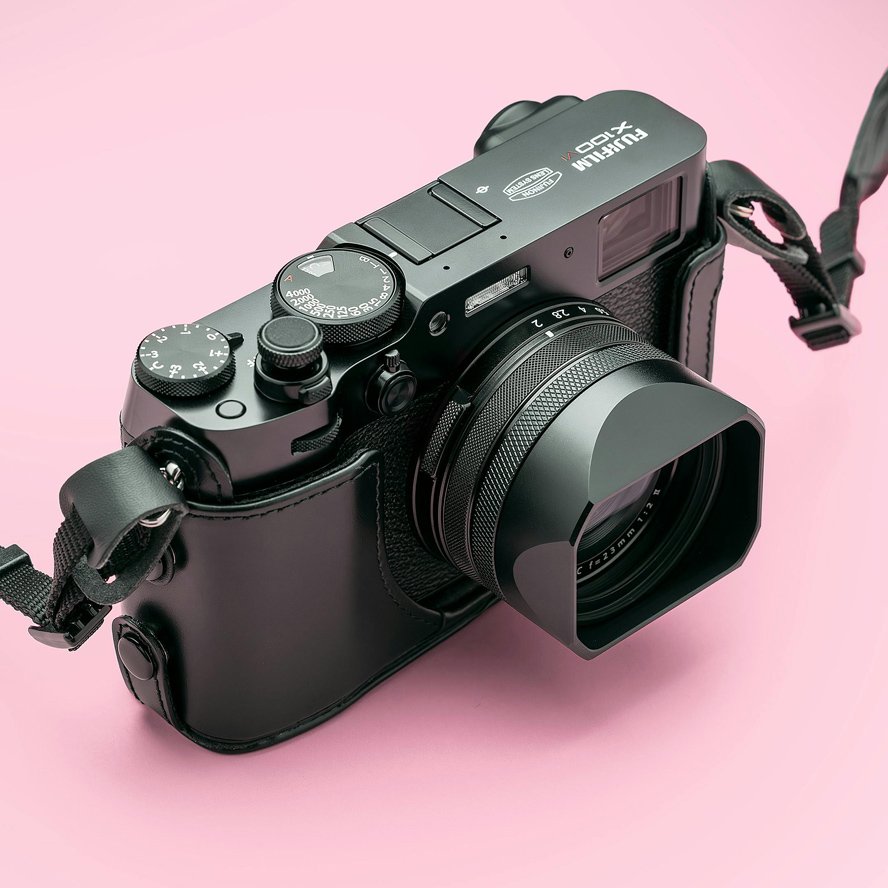Tips To Make Your Next Photo Shoot A Great One As A Photographer
Taking photos is more than just clicking the shutter button on a camera. You might think the image looks good, but your audience and peers may think otherwise.
So if you want to come up with excellent photos, it's important that you think and plan your photoshoot carefully. Here are four tips to help make your photoshoot better than before.
1. Use Flash
One of your Photo Shoot #Goals might be to avoid getting dark shots. Dark images are the result of different situations like forgetting to remove the lens cap or setting the exposure setting too low. You can use the built-in flash on your camera to help brighten your subject.
Specific scenarios can help improve your photo by using a flash even when you're shooting outdoors at high noon. For example, you're trying to take a picture of a model standing behind the sun. If you're not going for the silhouette look, adding a flash will illuminate your main subject so you can see the person clearly in the image.
Another example is to use the flash in a low-light scenario like a concert hall. If you don't use a flash, chances are you're going to increase the exposure level in the camera to compensate for the darkness on the image.
This move might prove useful in specific settings. But, if you bump up the exposure too high, then you're going to introduce a grainy texture in your photo.
Consider using the flash in your next photoshoot, but learn how to use this accessory properly. Otherwise, you might over-expose your subject.
2. Use Manual
Many photographers avoid using the letter "M" on the mode dials on their cameras. That "M" stands for Manual, and it gives you complete control for every feature on your camera.
Priority modes like Aperture and Shutter priority might be ideal for on-the-fly situations like capturing street photography. But, photoshoots tend to be slower-paced than other forms of photography.
Use the manual mode, and you can fine-tune each setting like the exposure, shutter speed, and aperture for each shot. It can be a significantly useful mode, especially for wedding photography, where you will need to shoot at different environments and situations. For example, one scene calls for the bride to be standing near a window where a single beam of light is shining through the curtain. Another scenario needs the groom and his groomsmen skipping merrily on a field at midday.
Practice using the manual mode on your camera even when you don't have a photoshoot planned soon. This training helps you to become more proficient at using the mode to lessen errors once the day arrives.
3. Focus on the Eyes of Your Subject
Proper composition is essential for many photos. Don't expect to shoot at random angles of your subjects, hoping to get a decent image from it.
Instead, spend time composing the shot before hitting the shutter button. Target your camera's focus on the eyes of your subject, especially if you're taking images of a person. Many believe that the eyes are the windows to a person's soul. Focusing on these parts of the face helps ensure that the eyes will remain sharp every time.
For instance, you might be a fan of shooting at high apertures like f/2.4 or f/1.8. These aperture readings create a shallow depth of field, which makes some aspects in the image out of focus for a dramatic effect. But, focusing on the eyes while using these aperture levels helps ensure your subjects' eyes remain pin-sharp while everything else is blurry.
Emphasising this area of the face helps create an illusion wherein the eyes of the viewer of your images go straight to the eyes of your subject on the image.
4. Have Fun
Various individuals tend to stiffen when dealing with strangers. Hence, your subjects might look "robotic" if they only see you as a photographer and nothing else.
Instead, make the photoshoot lighter by communicating with your models. Crack a joke or ask your model to do a funny pose. Capture that human emotion on camera, and watch as you turn your images from lifeless to full of life.
Let these tips help you make the most out of your next photoshoot. Always remember to plan for the shoot, even if the event is still days or weeks away. Also, don't forget to practice your craft every day. Otherwise, you might see a decline in your photography skills if you're not taking pictures frequently.



